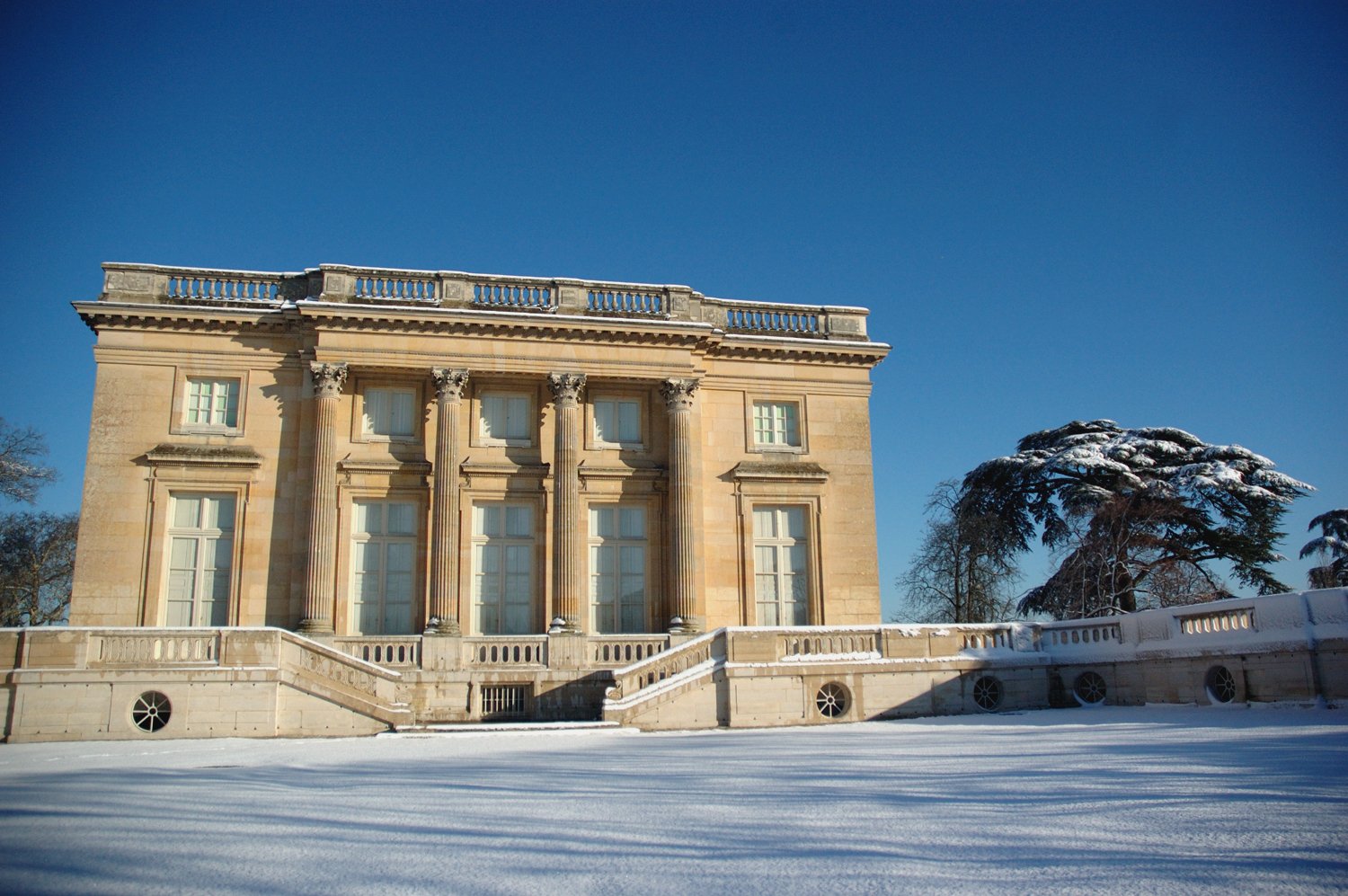
MUSIC ALBUM
Vogler à la chambre de Marie-Antoinette
& Ino, eine Kantate
Music by L’Abbe Georg Joseph Vogler (1749–1814) from his travels during 1779–82
Anders Muskens: artistic director, fortepiano & harpsichord
Elisabeth Hetherington: soprano
& Das Neue Mannheimer Orchester
Release: 24 March 2023
Digitally via Leaf Music Distribution
Album Concept
This album showcases music by the Mannheim composer, Georg Joseph Vogler: forgotten music written during the years 1779–82. It features the highly dramatic cantata Into for the neighbouring Darmstadt court, and a variety of pieces composed for Marie Antoinette, Queen of France, during Vogler’s trip to Paris in 1781–82. Fortepianist and ensemble leader Anders Muskens leads Das Neue Mannheimer Otchester with soprano Elisabeth Hetherington on this new release of never-before-recorded works.
Repertoire
Concerto pour Clavecin ou Forte-Piano
avec accompagnement de Deux Violons, Alto, Basse, Deux Oboé et Deux Cors
Composé et executé au Concert de la Reine (Versailles, 1781)
Anders Muskens, fortepiano
Quatuor pour le Forte-Piano, Violon, Alto, et Violoncelle
Composé et executé au Concert de la Reine (Versailles, 1781)
Anders Muskens, fortepiano; Clara Sawada, violin; Corinne Raymond-Jarczyk, viola; Madeleine Bouïssou, cello.
Ino, eine Kantate
Cantata for soprano and orchestra (Mannheim, 1779)
Text by Karl Wilhelm Ramler
Elisabeth, Hetherington, soprano
Preview
Clip from the final aria of Ino
Who was Georg Vogler?
No other musical figure of the late eighteenth century is as polarizing as Georg Joseph Vogler (1749–1814), whose mere mention divided the musical world into either bitter opponents or ardent admirers. Often called “Abbot” or “Abbé” Vogler, he was born in Würzburg, Germany in 1749. For Wolfgang Amadé Mozart, who met him during his visit to Mannheim in 1777–78, he was a man “who imagines quite a lot and cannot do much,” while for the poet and musician Christian Friedrich Daniel Schubart, he was “an epoch maker in music.”
Vogler’s career could be aptly described as a lifelong traveler. In the age of horse-drawn stagecoaches, he covered considerable distances at great speeds that would command the respect of even today’s ardent air travelers. His travels extended from the Arctic Circle to North Africa, and from the British Isles to Russia. He never really settled down, for he was constantly driven by the missionary zeal to disseminate his ideas and put them into practice. He not only worked as a composer and Kapellmeister, but also as a pedagogue, organ virtuoso, music theorist, organ builder and priest. In addition, Vogler was highly adept at using the news media of his time to further his goals.
The musically gifted son of a violin maker, he first studied ecclesiastical and secular law at the University of Würzburg. The decision to pursue music was not taken until Vogler arrived in the spring of 1771 at Mannheim, the capital of the Electoral Palatinate (Kurpfalz) and at the time, one of the foremost centers for music in all of Europe. Recognizing his talent, the reigning monarch Elector Carl Theodor granted Vogler a scholarship for a study trip to Italy (1773–1775). It was probably during this time that Vogler was ordained to the priesthood. After returning from Italy, he was appointed second Kapellmeister in Mannheim after Ignaz Holzbauer. As well, he devoted himself—certainly in the spirit of the Age of Enlightenment—to furthering public education. In 1776, he opened his Tonschule: the first musical training institute in Mannheim, which men and women could attend regardless of their religion. As material for his teaching, he published a whole series of books on music theory, including his main work, the Kuhrpfälzische Tonschule.
The Wittelsbach House Union stipulated that after the death of Elector Maximilian III Joseph, the Electoral Palatinate was to be united with Bavaria, with the caveat that the court should reside in Munich. Therefore, in 1778, Elector Carl Theodor relocated from Mannheim to Munich with large parts of the court household. The court musicians were free to decide whether they wanted to take part in this move. Vogler initially remained in the Electoral Palatinate, but soon ventured onto the road again. Even his later obligations as court kapellmeister in Munich (1784–1786) and as music director at the Swedish court (1786–1799) only momentarily curbed his desire to travel. Vogler soon made a name for himself with programmatic organ concerts in which he portrayed natural events and biblical stories musically, often attracting hundreds of listeners. He developed a concept with which he wanted to simplify organ building (Simplifikationssystem) and rebuilt many older instruments according to his new design. In 1807, Grand Duke Ludwig I of Hesse-Darmstadt appointed Vogler to his residence. During this appointment, an illustrious circle of students soon gathered around him, including Carl Maria von Weber, and Giacomo Meyerbeer. Vogler's new engagement, however, did not prevent him from pursuing ambitious projects in Munich and Vienna. On the morning of May 6, 1814, Vogler succumbed to a stroke in Darmstadt and was quietly buried the following day.
Dr. Rüdiger Thomsen-Fürst
Musicologist, Forschungszentrum Hof | Musik | Stadt.








